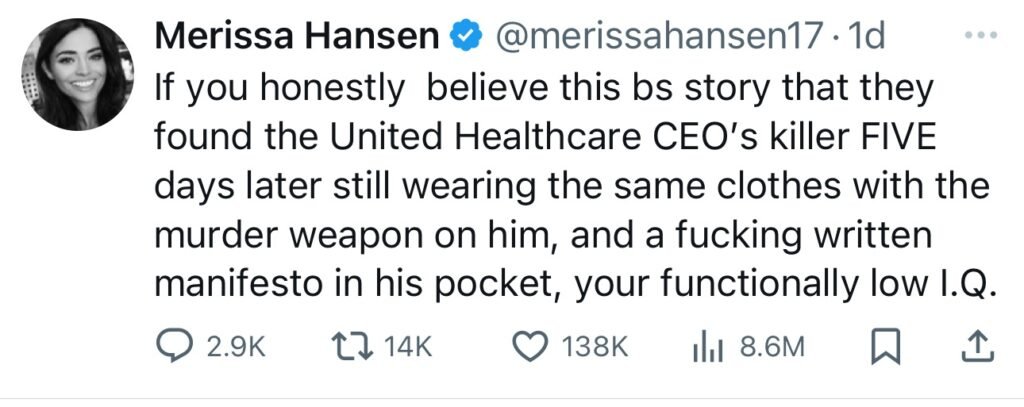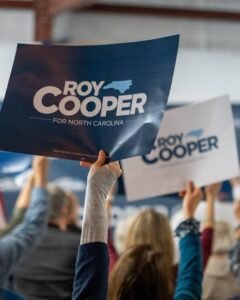In an era where conspiracy theories are no longer confined to the fringes of society but have found their way into mainstream discourse, the nomination of Dan Bishop—a former congressman and election denier—to President-elect Donald Trump’s cabinet marks a significant moment in the trajectory of American politics.
Once relegated to obscure corners of the internet, conspiracy theories now influence national conversations, policy-making, and the broader social landscape. Figures like Bishop, whose alignment with the MAGA movement includes a refusal to accept the results of the 2020 election, exemplify the normalization of ideas that once would have disqualified candidates from high office.
A Phone Call Away: The Alex Jones Effect
Conspiracy theorists like Alex Jones, long discredited for propagating false narratives about events like Sandy Hook, now boast influence over some of the country’s most powerful figures. Reports suggest Jones maintains direct access to President-elect Trump, a chilling development given his history of amplifying baseless claims.
The rise of individuals like Jones signals a broader trend: ideas that were once dismissed as outlandish are now embraced by large segments of the population. This shift challenges the country’s reliance on facts and undermines the public’s trust in institutions.
The Luigi Mangione Conspiracy and Public Sentiment
This skepticism is epitomized by the reaction to the recent arrest of the alleged killer of UnitedHealthcare executive Luigi Mangione. Despite clear evidence presented by authorities—including the recovery of a murder weapon and a manifesto in the suspect’s possession—millions of Americans, including popular Twitter user Merissa Hansen (@merissahansen17), have dismissed the case as a fabrication.

Hansen’s viral tweet, viewed over 8 million times, declared, “If you honestly believe this bs story that they found the UnitedHealthcare CEO’s killer FIVE days later still wearing the same clothes with the murder weapon on him, and a [manifesto] in his pocket, your functionally low I.Q.”
The tweet garnered thousands of supportive replies, reflecting a growing distrust of law enforcement, the media, and government agencies. Hansen’s rhetoric illustrates how conspiracy theories thrive in an environment of skepticism and declining civic education.
Why Is This Happening?
The growing prominence of conspiracy theories can be attributed to several factors:
1. Erosion of Trust in Institutions: Scandals, partisan media, and disinformation campaigns have led many Americans to view institutions as inherently corrupt or manipulative.
2. Social Media Amplification: Platforms like Twitter and Facebook allow unverified claims to spread rapidly, often reaching millions before they can be fact-checked.
3. Political Exploitation: Politicians like Bishop have learned to harness conspiracy theories to energize their bases, often at the expense of truth and democratic norms.
Implications for the Educated and the Country at Large
This new reality raises important questions: What does it mean for the nation’s educated populace when conspiracy theories gain widespread acceptance? How can a society function effectively when shared truths are no longer the foundation of public discourse?
With figures like Dan Bishop, Alex Jones, and others gaining prominence, the stakes are higher than ever. America faces a choice: confront the normalization of conspiratorial thinking or risk the further erosion of its democratic ideals.
The question is not just about Bishop’s cabinet nomination or Jones’ influence—it is about whether the country can reclaim a shared commitment to truth and accountability.
What’s Next?
As conspiracy theories continue to shape public opinion, the responsibility lies with educators, journalists, and policymakers to promote critical thinking and media literacy. The challenge is immense, but the future of democracy depends on the nation’s ability to meet it.
This article originally appeared in The Bull City Citizen . For comments or reprints, please contact rami.nasser@bullcitycitizen.com












